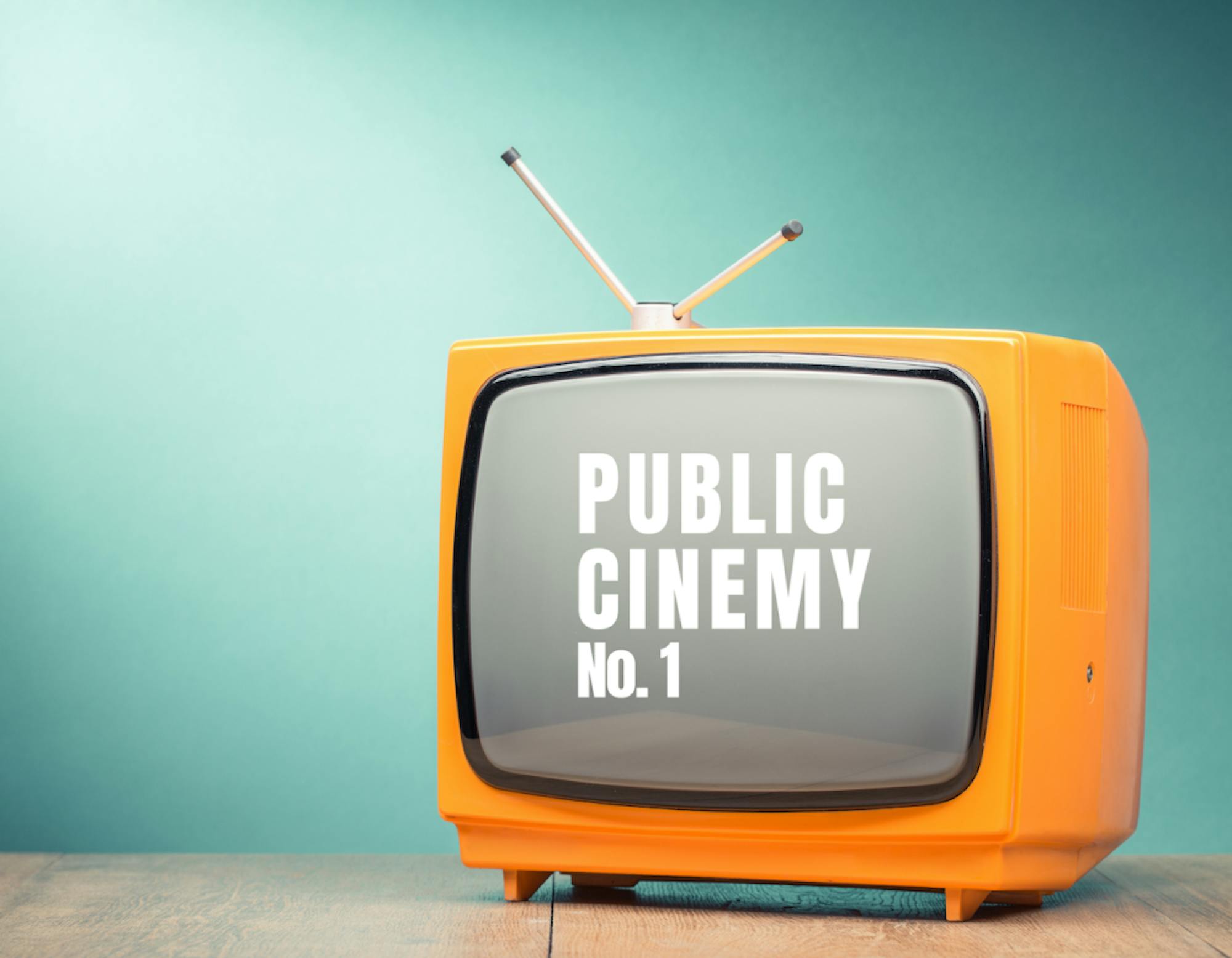It’s no secret that there isn’t love lost between America and China. While currently civil, the two are competitors in every aspect. But what happens when art is employed to further hostility?
The Chinese Communist Party’s recent war epic, “The Battle at Lake Changjin” (2021), depicts Chinese soldiers fighting U.S.-led forces in the Korean War. It decimated Chinese records for most viewings in one day and became China's highest-grossing film of all time, showing surging popularity among Chinese audiences of films lauding the Chinese Communist Party.
This highlights more than a love of action movies. The film is rife with anti-American sentiments, depicting a battle cry of “resist American aggression!”, speeches about the inspiring nature of Chinese soldiers striking back against the world’s most advanced military and shots of American soldiers eating gluttonous Thanksgiving feasts juxtaposed with freezing Chinese soldiers subsisting off raw potatoes. The CCP, which commissioned the film, argues that it is no different from American war movies such as “Pearl Harbor” (2001), “Apocalypse Now” (1979) or “Saving Private Ryan” (1998). They have a point: American cinema has intermittently stirred negative sentiments towards other countries. But “The Battle at Lake Changjin” underscores some uncomfortable truths about Chinese media and public opinion. The film is historically inaccurate, notably in how it portrays the battle as China protecting North Korea against western expansion, whereas in reality it happened because North Korea invaded South Korea. Chinese investigative journalist Luo Changping was arrested for questioning the film (as has happened to many other journalists who have questioned CCP narratives), and film blog DeepFocus was suspended for criticizing it. Meanwhile, Chinese-made films examining unsavory aspects of Chinese history are generally banned nationwide.
Furthermore, Chinese audiences, who once flocked to Hollywood blockbusters, have steadily pivoted towards CCP-made propaganda cinema.China presently houses the largest film industry by box office revenue. Hollywood filmmakers must now ensure their movies can bypass Chinese government censorship to access this market, a burden the CCP obviously does not share. The shift towards CCP-made films and increasing nationalism within many of them indicate surging anti-Americanism within China.
While contemporary Hollywood films lack overt anti-Chinese sentiments, Americans’ hostility towards China is likewise increasing, with 73% of Americans saying they viewed China negatively in 2020, compared to 35% in 2005. The pandemic inflamed this: 78% of Americans place some blame on China for COVID-19. The CCP simultaneously spread conspiracy theories that U.S. troops introduced the coronavirus to Wuhan, and Taiwanese news outlets report that some Chinese citizens believe it to be a U.S. bioweapon. Escalating anti-Chinese sentiment in America correlates with increases in both anti-Americanism and pro-CCP attitudes within China, as its public reacts with surging patriotism. Furthermore, both countries’ politicians habitually stoke distrust to bolster their popularity, feeding the cycle.
Chinese cinema’s trending nationalism is a microcosm of the disturbing shifts in both countries’ attitudes. Film is pervasive — it reflects society and remolds opinions. The CCP’s push to reject Hollywood and produce anti-American films hints at efforts to stoke hostility, likely as part of a larger move to challenge U.S. hegemony. If both sides’ distrust and resentment continues to spike, we may see conflict that makes “The Battle of Lake Changjin” pale in comparison.






